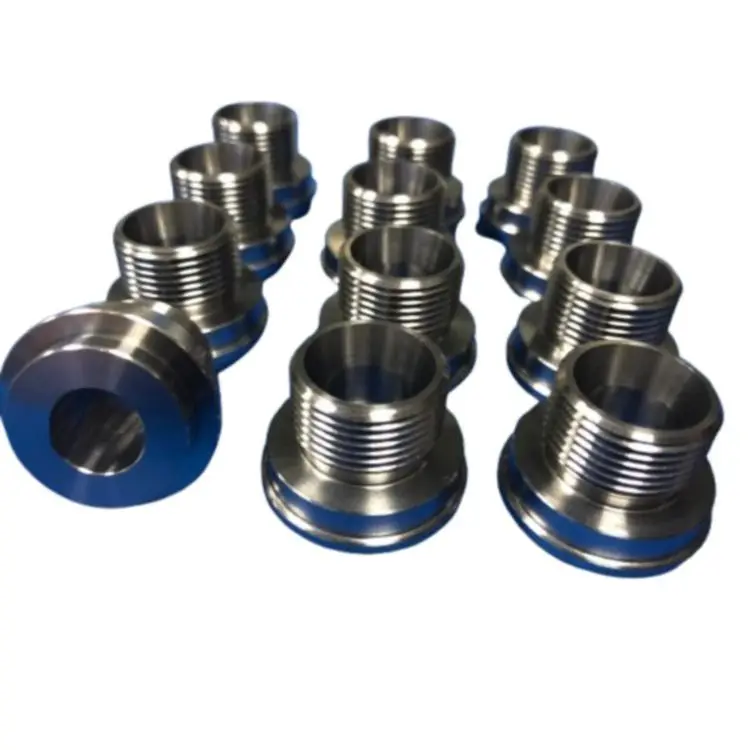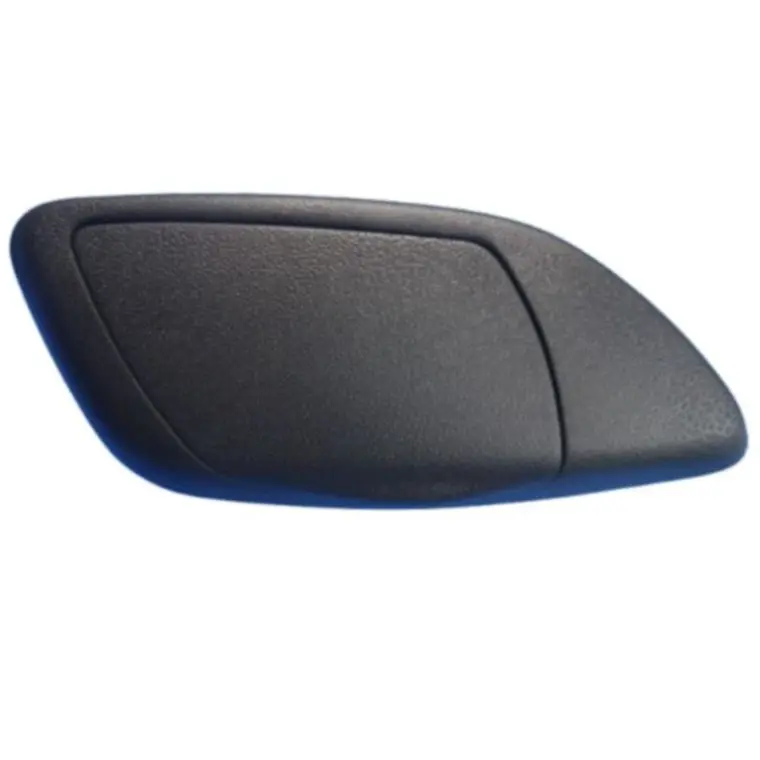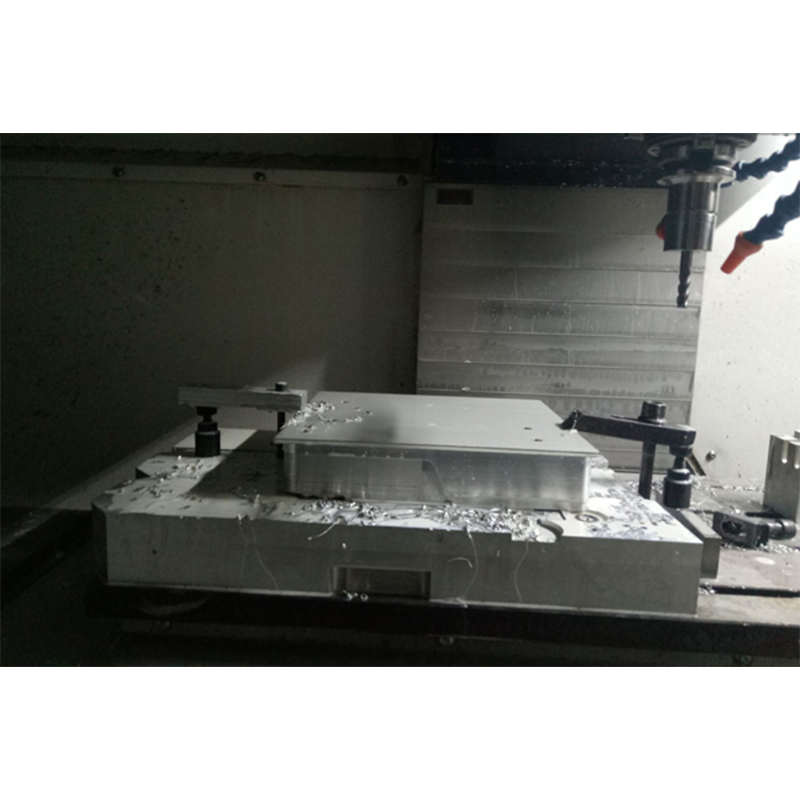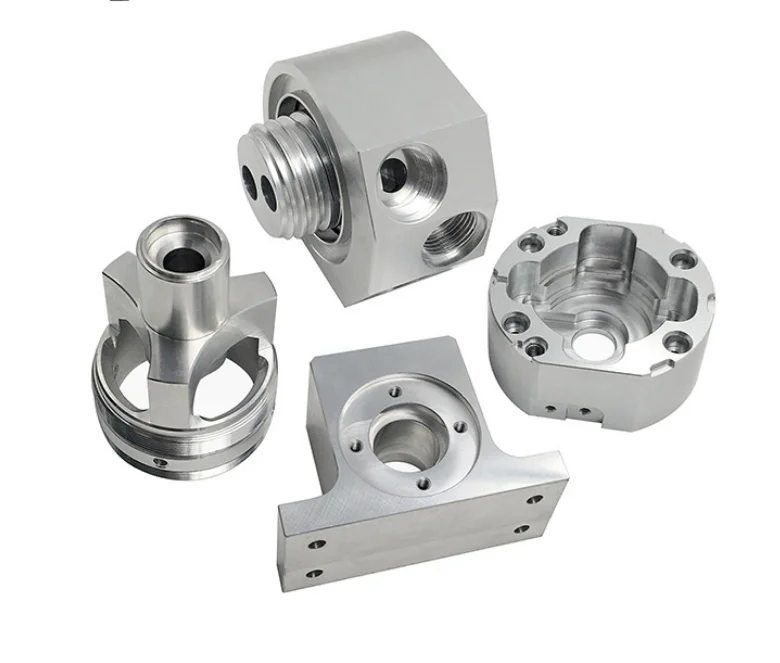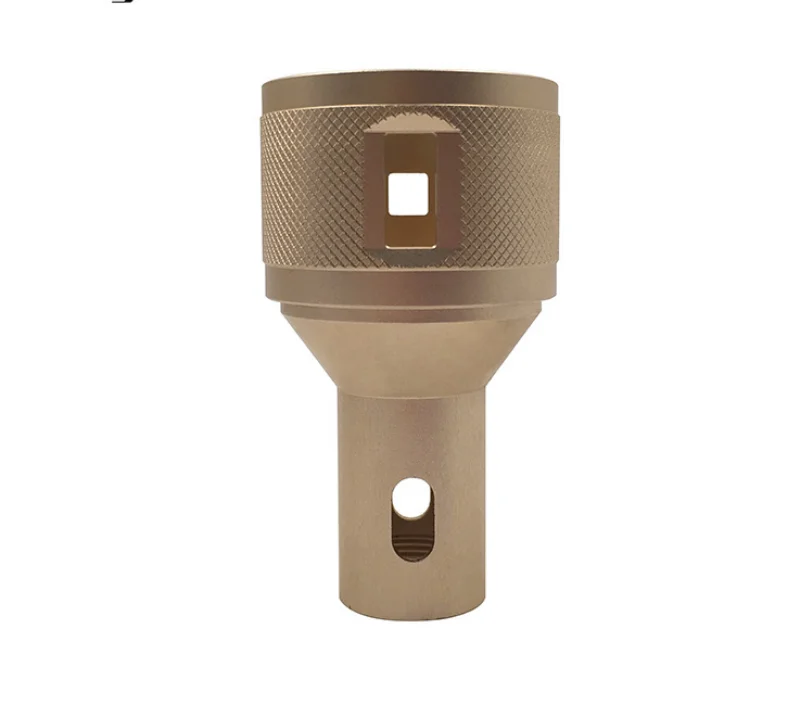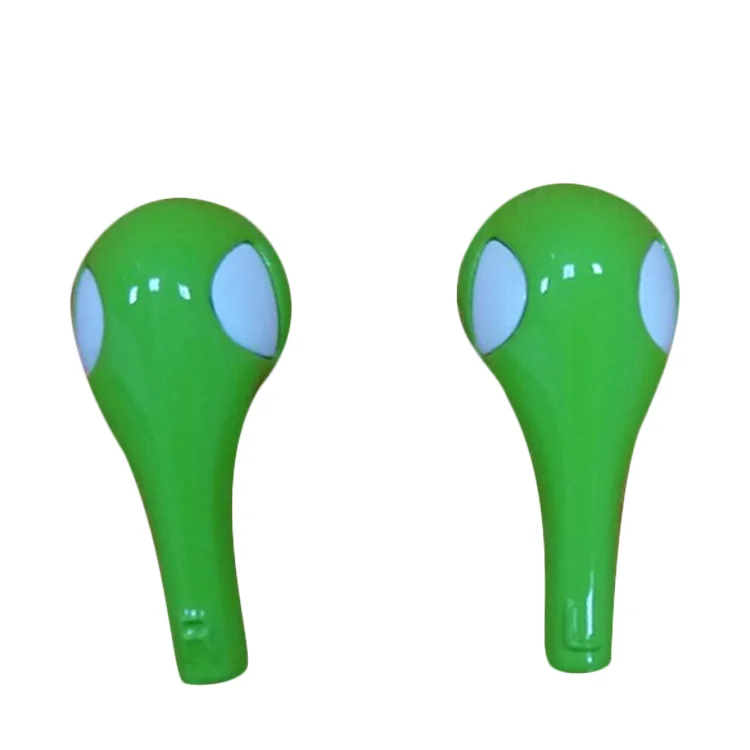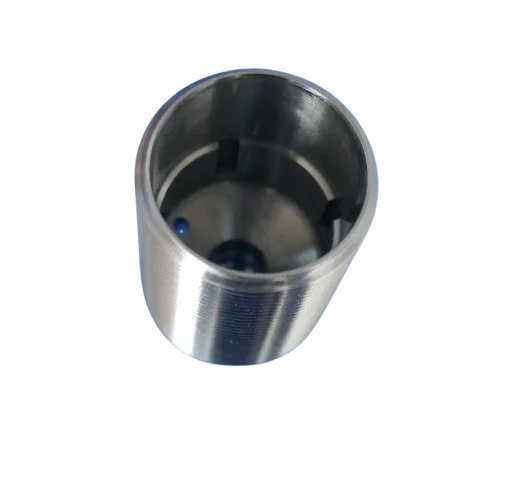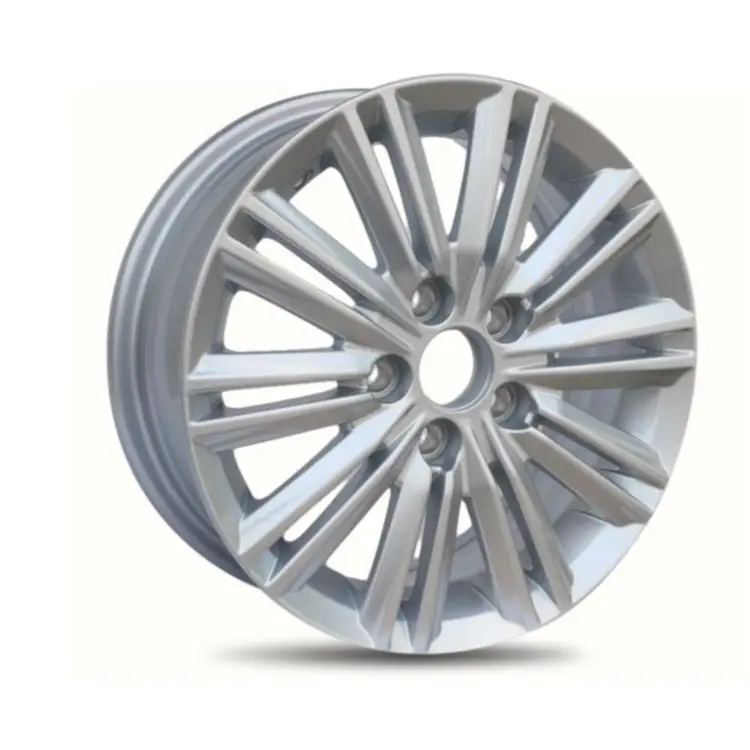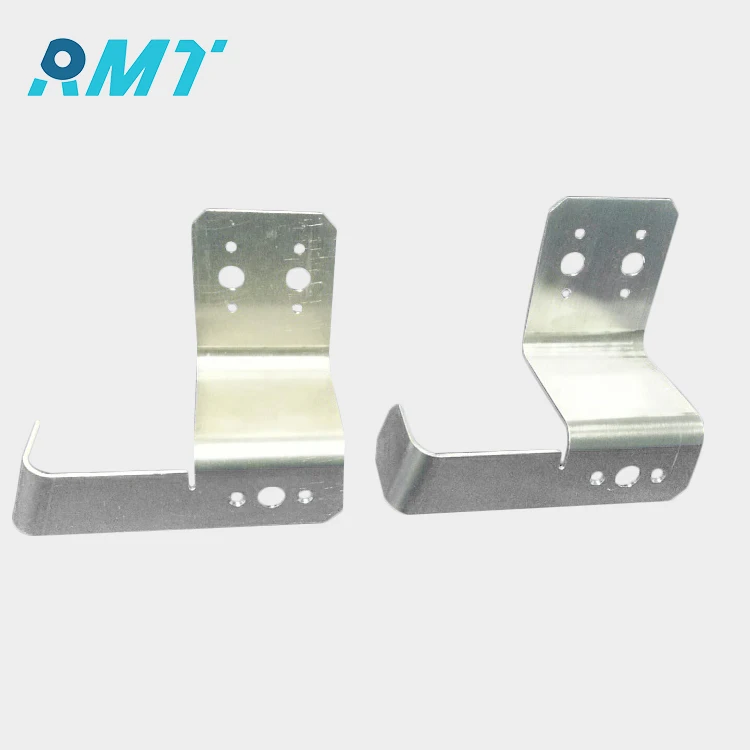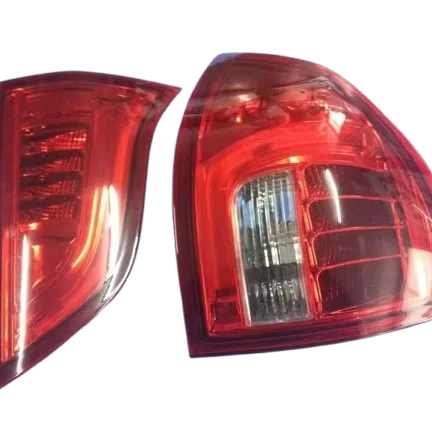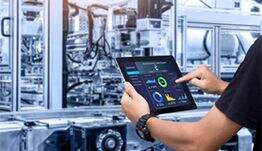High Precision CNC Machining for Custom Metal Parts
The Critical Role of High Precision CNC Machining
Defining Tolerance Standards in Metal Components
Getting a good grasp on tolerance standards matters a lot when it comes to precision CNC machining work, particularly in sectors such as aerospace manufacturing and car production. These fields have really tight requirements where small mistakes matter big time sometimes causing whole systems to fail or creating serious safety problems down the line. Following those official guidelines from organizations like ISO or ASME isn't just recommended but necessary because these standards actually spell out what counts as acceptable tolerances across different types of materials used in parts fabrication. When manufacturers stick close to these specs, their products tend to perform better overall while wasting less material during production runs. Plus there's definitely improved safety factors involved too which means machines last longer before needing replacement parts or repairs.
CNC vs Traditional Manufacturing Accuracy
Compared to old school manufacturing techniques, CNC machining brings some pretty big benefits, especially when it comes to getting things just right and making sure every part is consistent. These computer controlled machines can hit those really tight tolerances that most hand operated setups just cant achieve. The result? Way fewer mistakes during production runs. Industry numbers show something around a 40% improvement in accuracy when switching from traditional methods to CNC tech, according to several manufacturers who made the change. For companies needing to produce intricate metal parts that meet strict specifications, this level of precision isn't just nice to have it's basically required these days across many manufacturing sectors.
OEM Factory High Precision CNC Machining Services
5-Axis Machining for Complex Geometries
The rise of 5-axis machining tech is changing how we make complicated designs, letting manufacturers create parts that simply weren't possible with older 3-axis machines. Engineers now tackle all sorts of tricky shapes in one go without switching between different machine setups, which cuts down on wasted time and materials. When parts require multiple setups, things tend to get messy fast - measurements drift, alignment issues pop up, and overall quality drops. Some shops report their production speeds jump around 20-25% when they switch to 5-axis CNC for really complex jobs. We're seeing this tech take off big time in places like airplane component factories and high-end car manufacturing plants where getting every measurement right matters for safety and performance reasons.
Scalable Solutions: Prototyping to Mass Production
CNC machining gives businesses incredible flexibility when it comes to adapting to different manufacturing needs, whether they're making just a few prototype parts or going all out for large scale production runs. The real value here lies in how fast companies can get new products onto shelves, which matters a lot in fast moving sectors like consumer electronics and medical device manufacturing. When companies need to try out different design ideas before finalizing them, CNC machines let them do this testing phase much quicker than traditional methods would allow, cutting down on development time substantially. Take automotive suppliers for example who start with small batches of test components and then ramp up production once everything checks out. What makes CNC so valuable is this smooth transition between prototype stages and full blown manufacturing while maintaining consistent quality throughout. Sheet metal fabricators particularly benefit from this scalability since they often face changing orders and tight deadlines that require quick adjustments in production volume.
Tight Tolerance Capabilities (±0.01mm)
Modern CNC machines can achieve incredible precision, down to tolerances of just ±0.01mm. For industries like aerospace engineering or medical device manufacturing, these tiny margins matter a lot. A single millimeter off in a critical component could mean failure in flight systems or compromised patient care. When parts fit together exactly as designed, there's less material wasted during assembly and the whole system performs better over time. Some studies have actually shown that sticking to tight tolerances cuts down on machine downtime by up to 30% in certain production environments. Most manufacturers rely on ISO certification to verify their machines meet these demanding standards, giving customers confidence that what they're getting has been built to last and function properly from day one.
Material Expertise in Precision Machining
Stainless Steel Grades for Corrosive Environments
Picking the right stainless steel grade matters a lot when working with materials exposed to corrosive environments. Grades 304 and 316 stand out because they resist corrosion so well, which explains why manufacturers rely on them across many industrial applications. Take Grade 304 for instance it contains significant amounts of chromium and nickel, giving it great protection against rust. That's why we see it used frequently in parts like bolts, screws, and door handles throughout manufacturing facilities. Then there's Grade 316, which gets an extra boost from molybdenum content. This makes it much better at handling chloride exposure, hence its popularity in coastal areas or chemical processing plants where saltwater damage is common. Research shows that in salty air conditions, 316 performs noticeably better than 304 over time. Getting this selection right means parts last longer before needing replacement, saving money and downtime for businesses operating under tough environmental conditions.
Aluminum Alloys for Lightweight Durability
Aluminum alloys like 6061 and 7075 have become go to choices because they combine strength with light weight. For industries where weight really counts, think aerospace for instance, this characteristic translates into better fuel economy and overall performance improvements. The 6061 variant stands out for being versatile and resisting corrosion pretty well, which makes it work great for building structures that need to last. On the other hand, 7075 has earned its reputation as one of the strongest aluminum options around, holding up against many types of steel. That's why we see it so much in airplane parts and car components where strength is absolutely critical. Looking ahead, manufacturers across multiple sectors will likely keep increasing their reliance on aluminum products as long as companies continue needing materials that pack serious strength without adding unnecessary bulk.
Multi-Material Compatibility (Including Plastics)
What makes CNC machining so valuable is its capacity to work with all sorts of materials from metals to plastics. This flexibility allows manufacturers to produce hybrid components that meet specific needs in sectors ranging from cars to gadgets. Mixing stainless steel with plastic gives machinists something special lightweight parts that resist rust while still holding up structurally. More shops are turning to these mixed material approaches because they want products tailored exactly to what customers need without breaking the bank. Looking at recent shop floor trends shows this approach growing steadily, which speaks volumes about how important adaptable material processing has become in today's manufacturing landscape where one size doesn't fit all anymore.
By harnessing the capabilities of precision machining, industries can produce components that meet specific needs, whether they require corrosion resistance, lightweight durability, or multi-material functionality.
Industry-Specific Applications
Aerospace: Flight-Critical Components
When it comes to flight-critical components, the aerospace industry sets some pretty tough standards because these parts literally keep planes in the air safely. CNC machining stands out as one of the best ways to hit those specs thanks to how precise and dependable it is. Think about all those metal brackets and housing units made through CNC processes they need to handle temperatures from -60°C to over 300°C while still holding up under massive stress. As we see more aircraft being built around the world and new technologies emerging in aviation, manufacturers are leaning harder than ever on precision manufacturing methods. The growth in demand means CNC machining isn't just important anymore it's absolutely essential for making sure every component meets those sky-high requirements.
Automotive: Engine and Transmission Parts
Computer Numerical Control (CNC) machining has become essential for making engine blocks, transmission gears, and other critical parts in cars today. What makes CNC so valuable? Well, it delivers unmatched precision that helps manufacturers build safer, better performing vehicles. For instance, when creating cylinder heads or crankshafts, even tiny deviations can affect how smoothly an engine runs or how much fuel it burns. As people increasingly want their cars to last longer between repairs while burning less gas, automakers rely heavily on these precisely manufactured components. Looking at recent sales figures shows why this matters – customers are voting with their wallets for machines that deliver both reliability and environmental friendliness. The automotive world keeps evolving rapidly, and CNC technology remains at the forefront helping car companies stay competitive in what's becoming an increasingly demanding market place.
Medical: Sterile Surgical Instruments
Getting precision right matters a lot when making sterile surgical instruments that meet all those safety and sterilization rules. CNC machining produces the quality medical tools needed to keep patients safe, and this really affects how well the healthcare industry can make advanced surgical equipment. More people want these kinds of instruments now because there's greater emphasis on keeping patients safe, plus there are just so many new procedures out there that need exacting precision. With medical tech constantly evolving, hospitals and clinics need trustworthy sterile tools more than ever before. That makes CNC machining essential since it ticks all the boxes for regulations while still supporting some pretty cool innovations in medicine today.
Technical Advantages in Precision Manufacturing
Rapid Prototyping with CNC Efficiency
In today's manufacturing world, rapid prototyping has become really important for getting products from concept to reality fast. When combined with CNC machining, manufacturers gain an amazing advantage because these machines produce parts with incredible precision while cutting down on wasted time during development. Companies save money when they shorten their development periods, which means products hit store shelves sooner rather than later. Studies show that when businesses integrate rapid prototyping techniques using CNC technology, they often see prototyping phases shrink by weeks or even months, making the whole production cycle much smoother. Industries that adopt these kinds of innovations typically see faster product turnover rates and stay ahead of competitors who are still stuck in traditional methods of making prototypes.
Surface Finish Options for Functional Needs
When it comes to CNC machining, there's quite a selection of surface finishes available that can satisfy both function and looks. Some finishes actually help parts last longer against wear and tear while protecting them from rust and other damage, plus they just look better too. Bead blasting, anodizing, and powder coating are among the popular choices these days. They create different textures on surfaces and generally follow what the industry considers acceptable for most uses. Take anodized finishes for instance they show up all over aircraft parts because they really stand up well against corrosion problems. The whole field of surface treatment matters a lot in manufacturing circles, particularly when products need to pass certain tests related to how they perform under real world conditions.
Automation Integration for Consistency
When it comes to CNC machining, bringing automation into the mix is pretty much essential if companies want to maintain consistent quality while keeping up with production demands. The machines just don't make mistakes the way humans do, so parts come out looking exactly the same batch after batch. Industry stats back this up too showing that shops with automated CNC setups see real gains in what they produce. Beyond just getting things right, these systems actually speed things along quite a bit. Factories running on automation can crank out products faster without sacrificing quality, which explains why so many manufacturers now rely heavily on automated solutions when striving for those top notch quality benchmarks.

 EN
EN
 AR
AR
 BG
BG
 HR
HR
 CS
CS
 DA
DA
 NL
NL
 FI
FI
 FR
FR
 DE
DE
 EL
EL
 IT
IT
 JA
JA
 KO
KO
 NO
NO
 PL
PL
 PT
PT
 RO
RO
 RU
RU
 ES
ES
 SV
SV
 IW
IW
 LV
LV
 SR
SR
 SK
SK
 UK
UK
 GL
GL
 HU
HU
 TH
TH
 TR
TR
 FA
FA
 GA
GA
 CY
CY
 EU
EU
 BN
BN
 BS
BS
 LA
LA
 NE
NE
 SO
SO
 KK
KK
